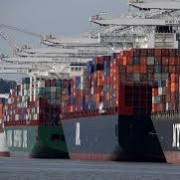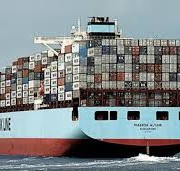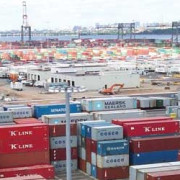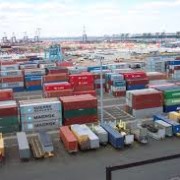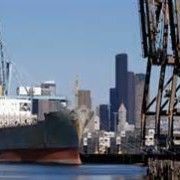When ports slowed down to historically low levels last November, few of us imagined it would take nearly seven months to begin to get back to “Normal.” According to an article on joc(dot)com, however, “the ports and port users are confident that ‘normal’ will happen by the end of May.”
However getting back to the old ‘normal’ may not be enough, especially because the West Coast expects large ships to continue to come into ports. In fact, the Tiago Group states that West Coast terminals are not adequately quipped. They estimate that 100 more cranes would be needed to handle demands. Additionally, “the physical layout and operational methods at the terminals simply won’t stand up to the stress.”
With a peak season that will hit ports with an estimated 20% increase in container volume three months from now, the shipping community remains very concerned. Combining increased volume with the extra demands large ships place on terminals, will there be another slowdown?
While ports are innovating solutions to address inefficiencies (read the full article – link below), the community sees the larger picture: that the old methods of handling cargo containers that were relevant to smaller ships is no longer sustainable. The future shows more and more large ships coming into ports. As such, many argue that a new ‘normal’ must be created to resolve this issue.
Are 24/7 ports the solution? How does technology play a role? What methods and processes need to change to create a more effective system in the future?
We highly recommend reading the original article, which goes into great detail on this subject: http://bit.ly/1EEbr1f


